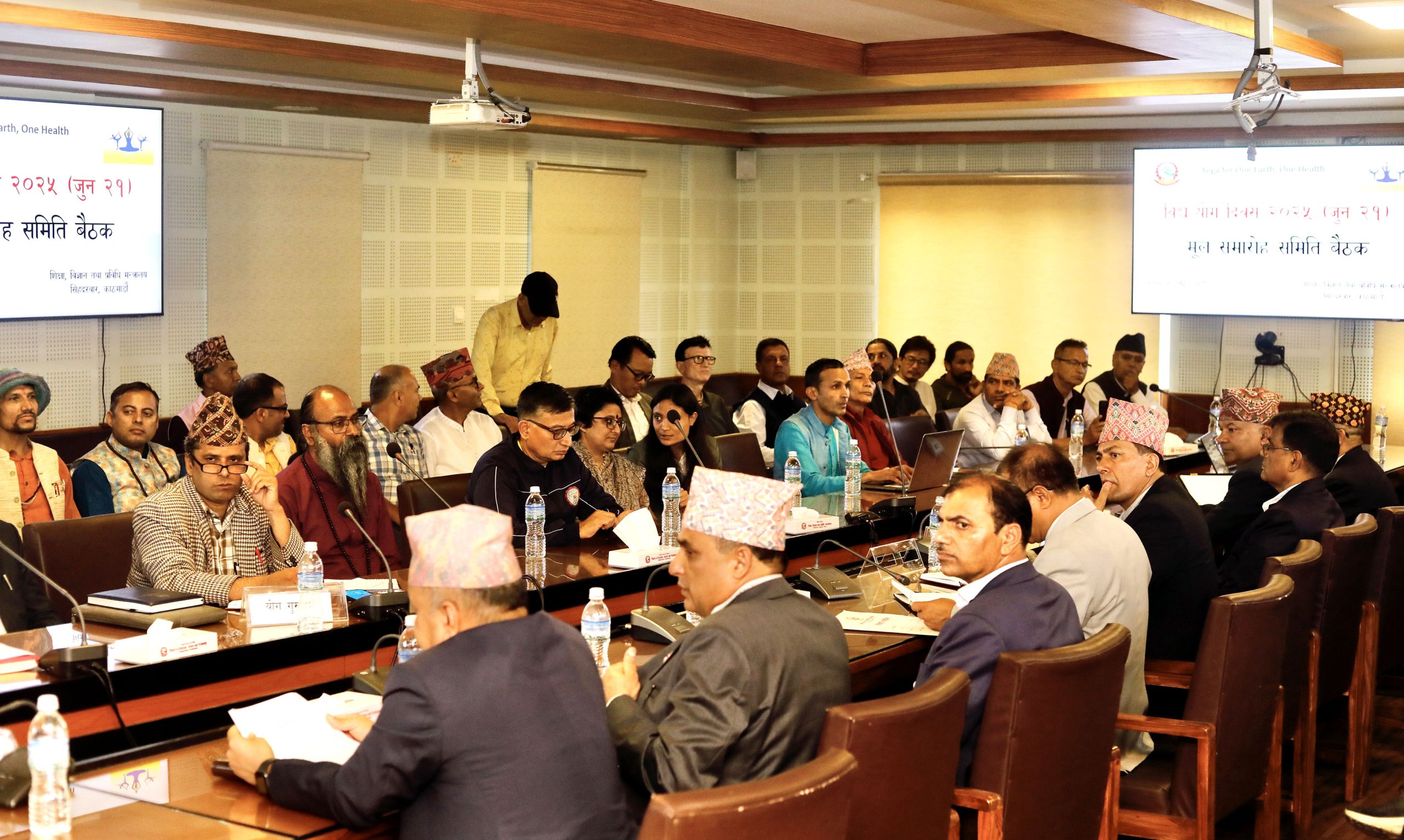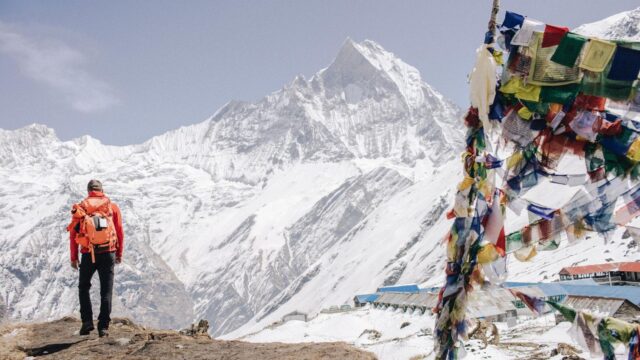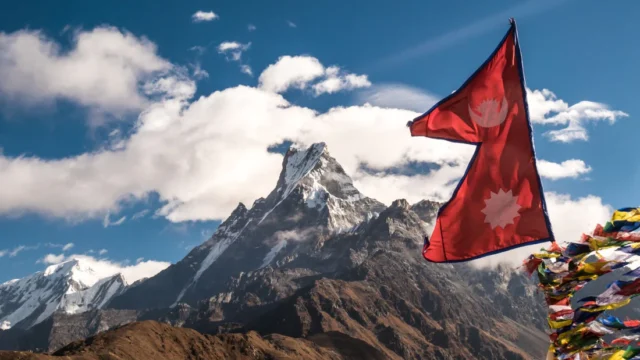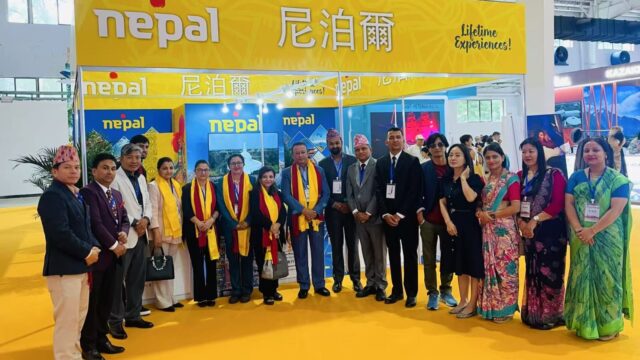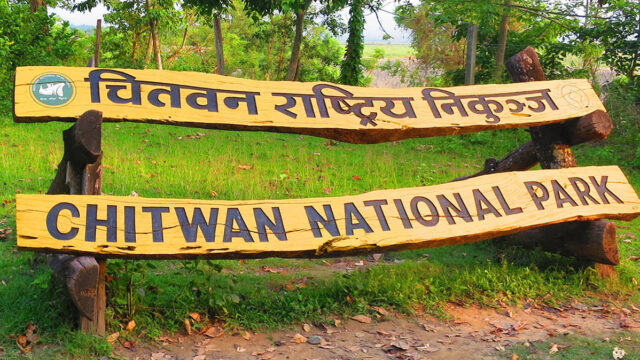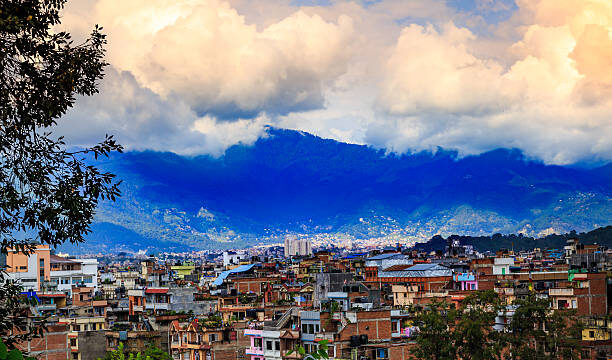In a recent meeting of the Main Ceremony Committee for International Yoga Day, Minister for Education, Science, and Technology, Raghuji Pant, and Minister for Culture, Tourism, and Civil Aviation, Badri Prasad Pandey, jointly called upon yoga-related organizations and stakeholders to promote regular yoga practice across all levels of society. Their message emphasized the need to make yoga a routine part of daily life for people of all ages, communities, and regions of Nepal.
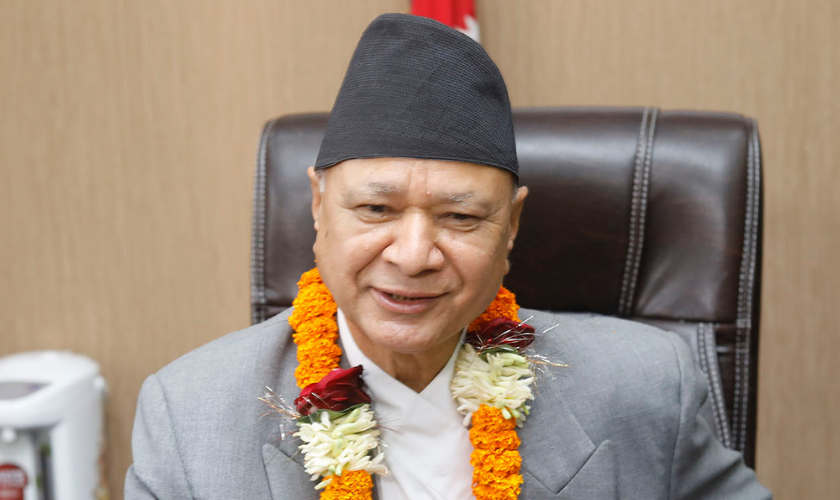
Ministers Emphasize the Role of Yoga in Building a Healthy Nation
Addressing the committee meeting held at the Ministry on the occasion of the upcoming International Yoga Day, which falls on Ashadh 7 (June 21), both ministers stressed that it not only supports individual well-being but also contributes to a healthier and more conscious society. Minister Pant highlighted that incorporating yoga into daily life could play a vital role in nurturing a balanced lifestyle and promoting mental and physical health.
“Yoga helps preserve the health of individuals, and if practiced regularly, it can significantly improve our collective lifestyle,” Minister Pant said during the discussion. He also called for an expansion of it’s practice across schools and youth groups nationwide. “We are observing this day with the goal of bringing yoga to every school level and the younger generation,” he added. “It also plays an essential role in the preservation of the planet, and its roots in Eastern philosophy carry deep spiritual and environmental significance.”

Coordination with Institutions for Broader Implementation
The meeting, chaired by Minister Pant, explored ways to make the upcoming International Yoga Day celebration more systematic and effective. It emphasized inter-institutional coordination and directive measures to ensure broader outreach. The ministers agreed on organizing new, impactful programs under the Ministry’s leadership to ensure maximum participation and awareness.
Minister Pandey, co-coordinator of the committee, emphasized yoga as a fundamental part of Nepal’s ancient cultural civilization. He stated that it is not only a global practice but also a legacy that originated in the Eastern world, especially in Nepal and India. “Yoga is a part of our indigenous knowledge and tradition. We must take ownership of this heritage and promote it internationally through our own channels,” Minister Pandey said.
He further suggested involving the Minister and Secretary of Foreign Affairs in the Main Ceremony Committee and stressed the need for diplomatic coordination to expand the international visibility of the event.
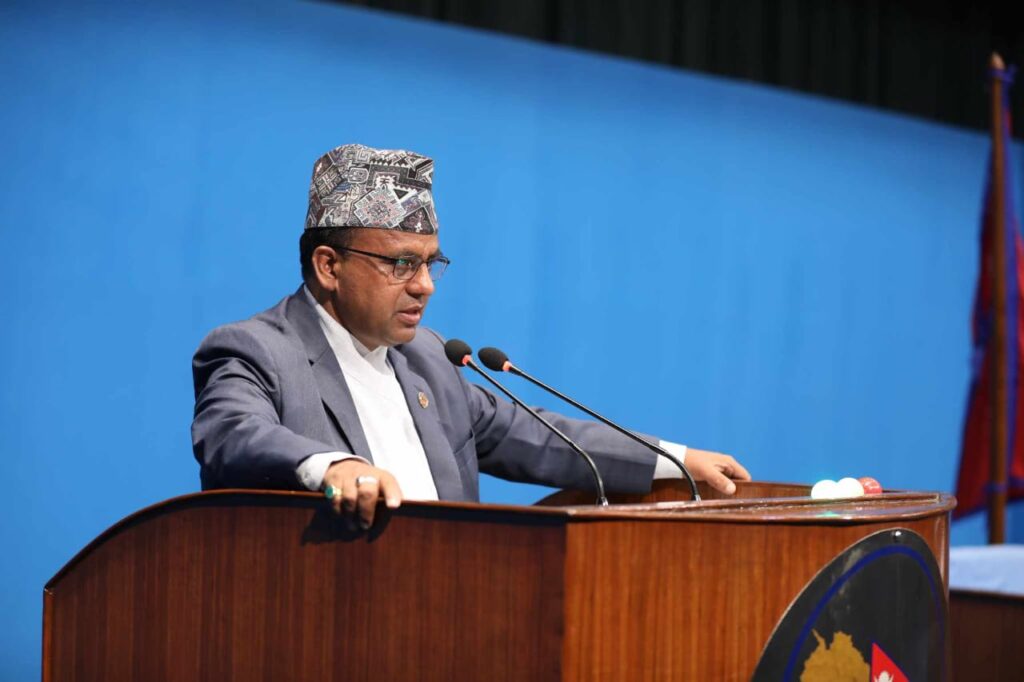
Promoting Yoga through Diplomatic Channels
Minister Pandey also proposed facilitating cooperation between Nepal’s embassies abroad and the Nepal Tourism Board under his ministry. The aim, he explained, is to expand Nepal’s yoga identity globally by encouraging foreign diplomats and dignitaries to participate in yoga events.
“In the coming years, our embassies should initiate celebrations of International Yoga Day by inviting at least foreign ambassadors in the host countries. This will send a clear message to the world that it is an essential part of our heritage,” Pandey emphasized.
To implement this strategy effectively, the committee discussed the need to officially request the Office of the Prime Minister and Council of Ministers to issue letters to all provincial governments. In parallel, it was decided to approach the Ministry of Federal Affairs and General Administration to ensure similar communication with all local governments. Discussions were also held about forming structural arrangements to celebrate the day at the district level.
Formation of Sub-Committee to Execute Main Ceremony
In a significant development, the meeting decided to form a 13-member sub-committee under the leadership of the Secretary of the Ministry of Education, Science, and Technology. This sub-committee will be responsible for managing various aspects of the main event, including guest coordination, jingle production, delivery of goodwill messages, media promotion, and the overall ceremony management.
The meeting also involved detailed discussions on how to effectively organize programs at the provincial, local, and district levels to ensure that the message of yoga reaches the grassroots. Attendees of the meeting included officials from both ministries, representatives and meditation organizations, and various stakeholders involved in spiritual and wellness activities.
By intensifying efforts across all government levels and mobilizing stakeholders, Nepal is preparing to observe International Yoga Day not only as a ceremonial event but also as a national movement to revive and institutionalize it as an integral part of everyday life. Both ministers reiterated their commitment to make this year’s celebration more inclusive, impactful, and representative of Nepal’s cultural identity.
